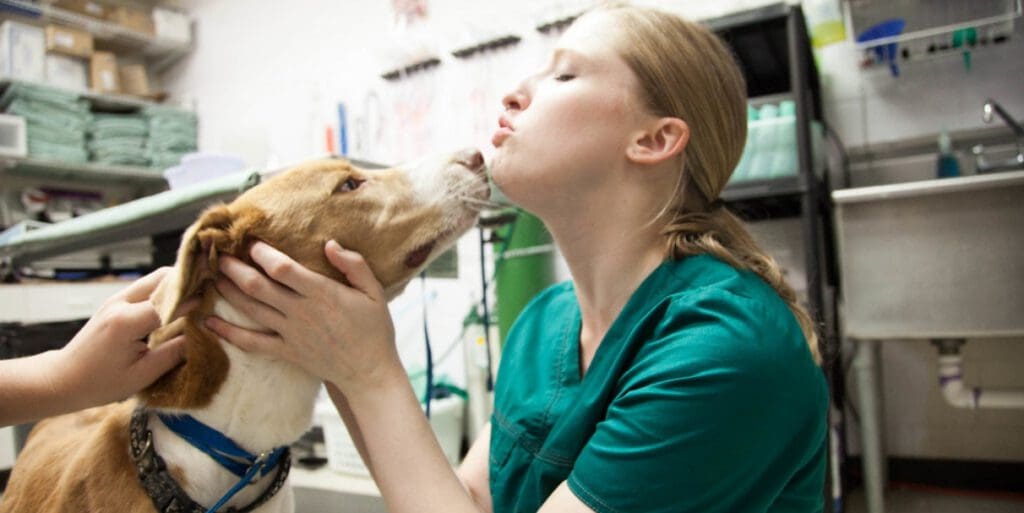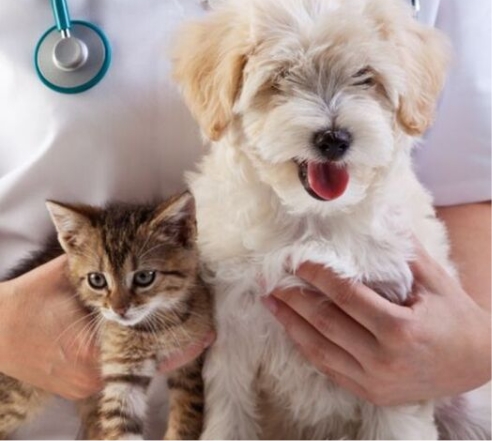Importance of Exercise for Aging Pets
As humans age, our doctors are constantly pushing us to watch our diet, continue to be active and try and keep excess weight off. Our joints, mental health, cardiac health and general wellbeing decline rapidly the more we age if we live an unhealthy lifestyle and dont take care. So, my question is this: Why…



